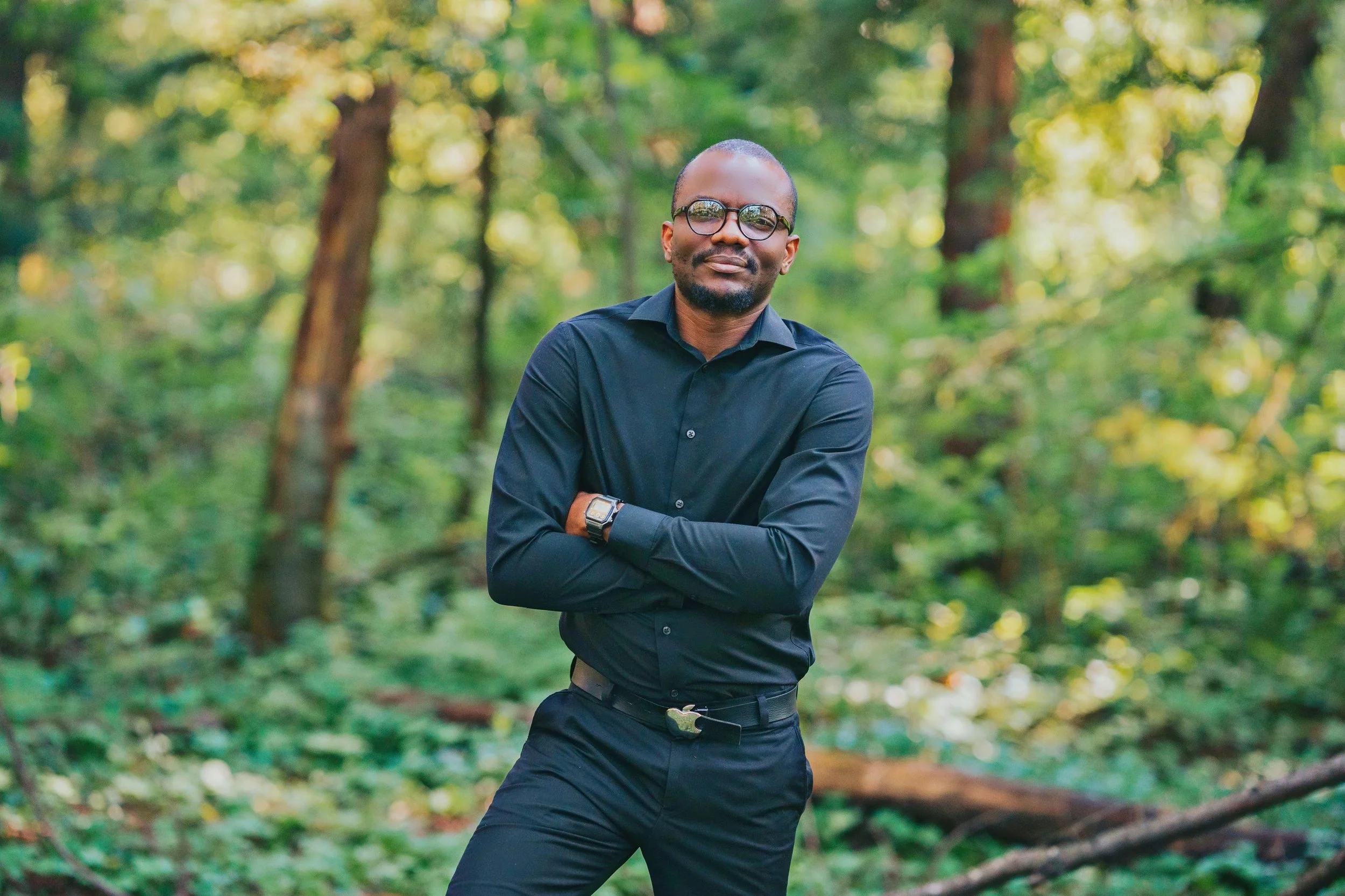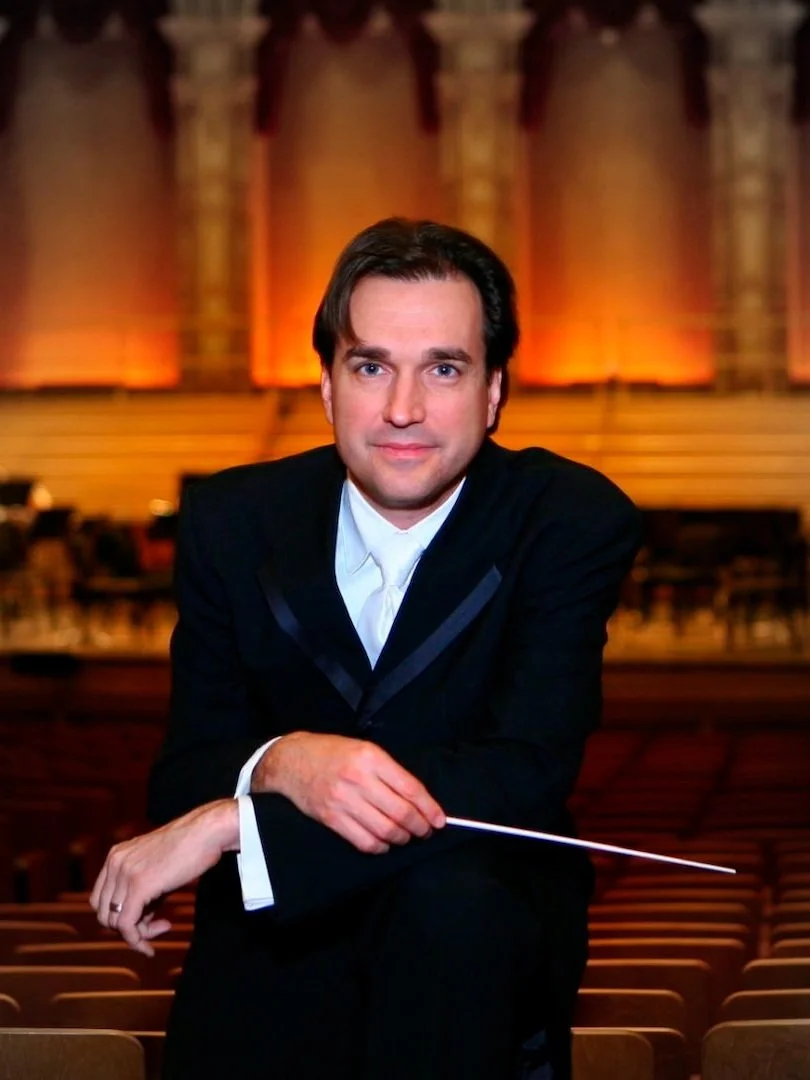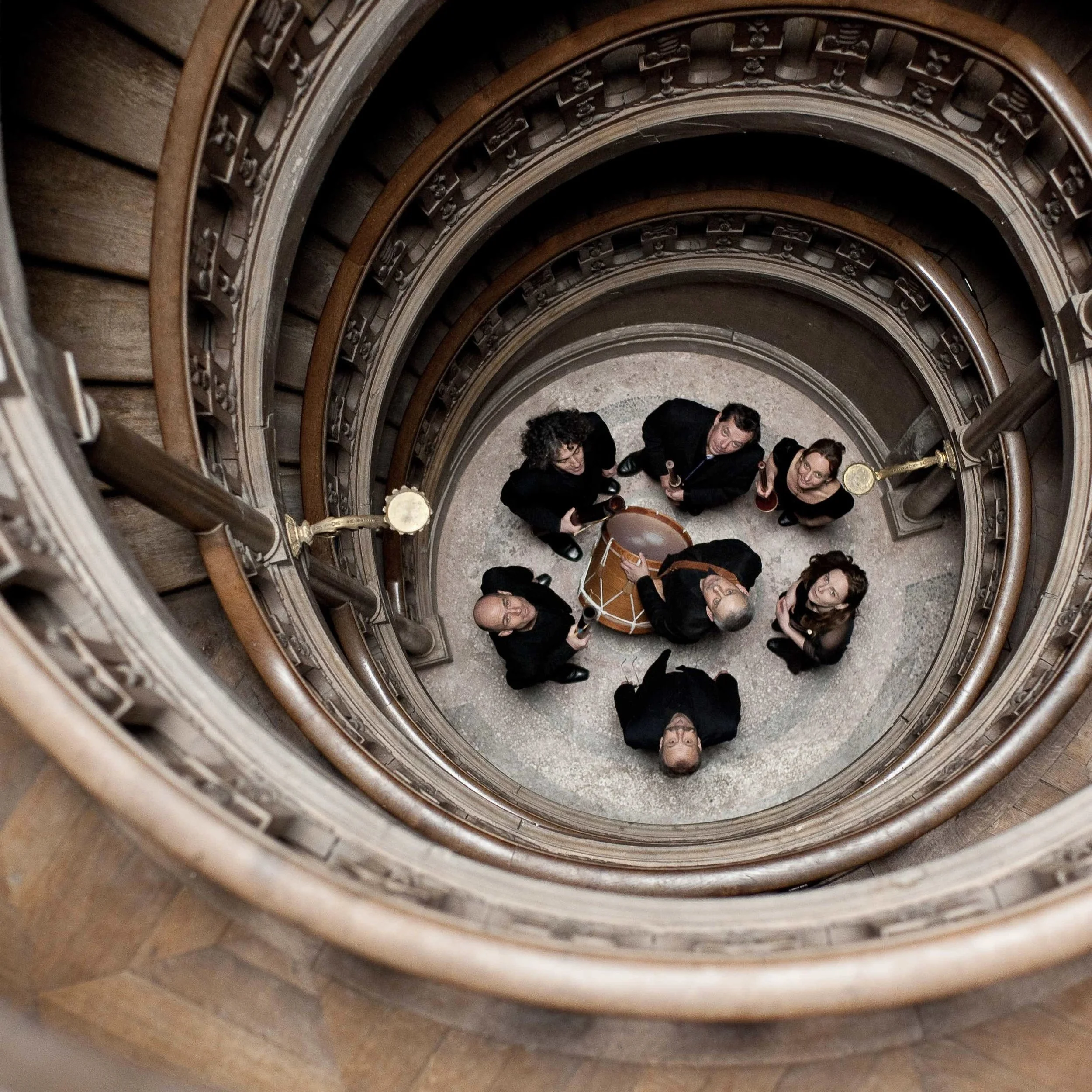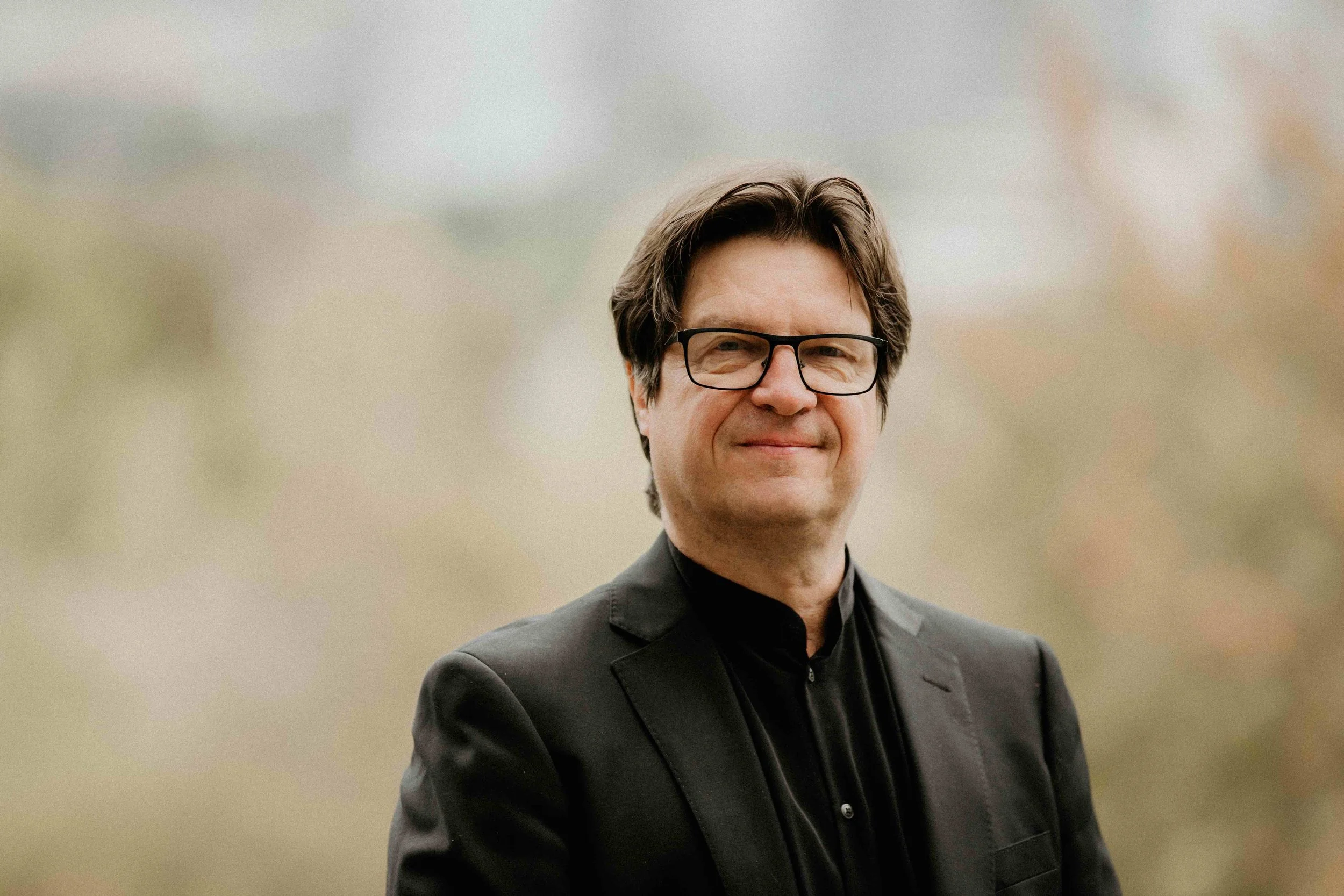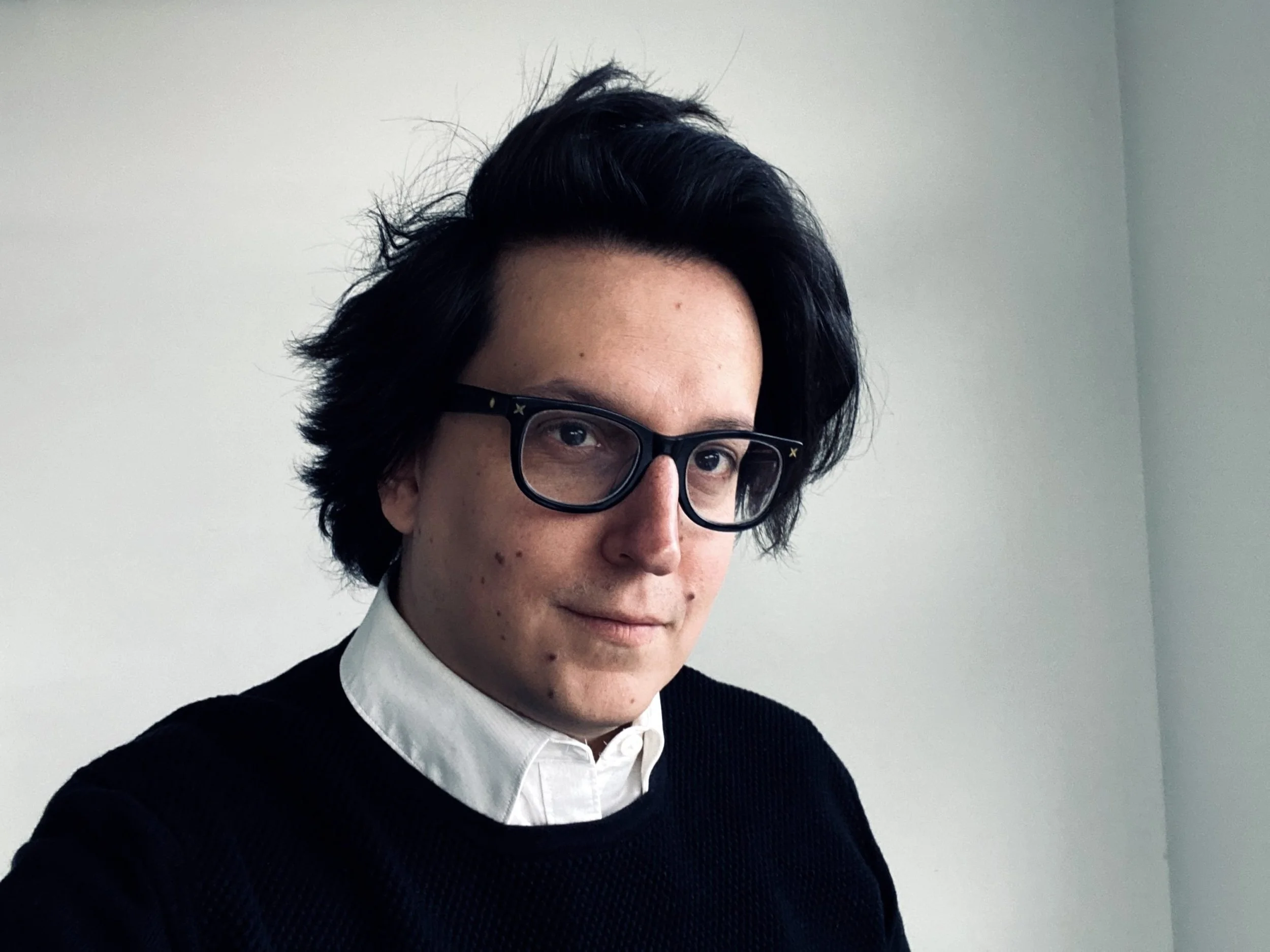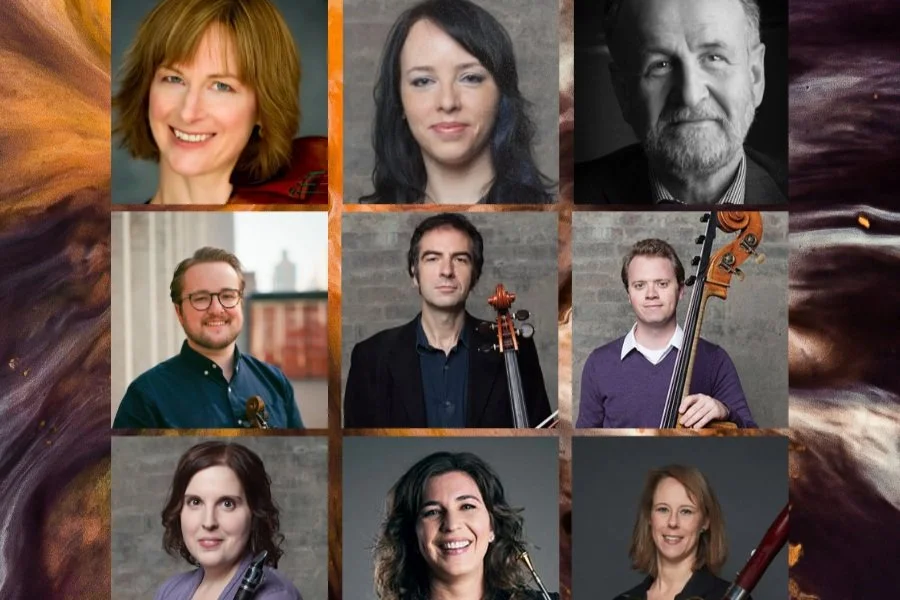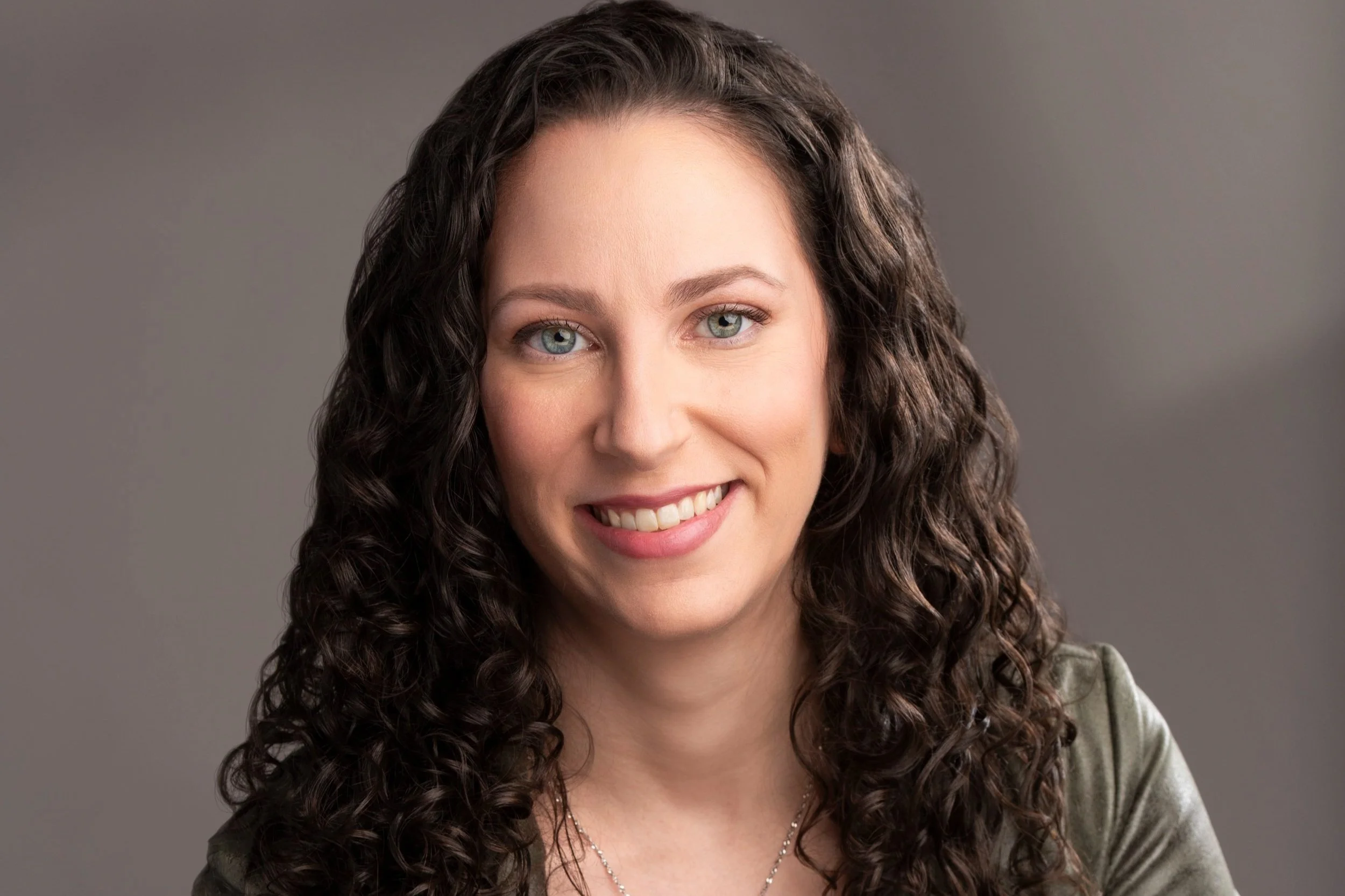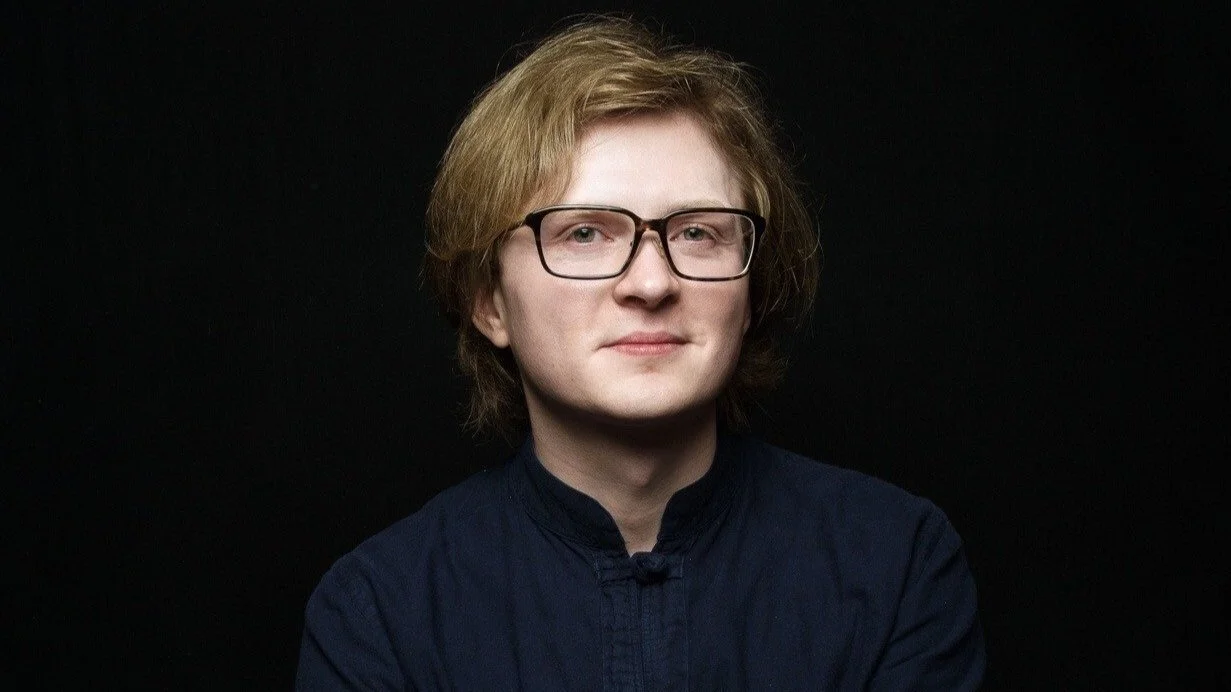Gabriel Fauré’s masterful Requiem moves the singers who perform it
Vancouver Bach Family of Choirs will perform the “lullaby of death” at upcoming concert featuring soloists Obinna Ifediora and Sydney Trotter
Obinna Ifediora.
Vancouver Bach Family of Choirs presents Fauré and Bernstein on October 18 at 7:30 pm at St. Andrew’s-Wesley United Church
GABRIEL FAURÉ’S REQUIEM is a piece of music that artists agree is extremely moving. That’s how two soloists performing the masterpiece with the Vancouver Bach Family of Choirs this month describe it.
Obinna Ifediora is one of them. He has been singing his entire life. Born in Lagos, Nigeria, he was raised in an Anglican family and his father was an organist and choir master. When Ifediora wasn’t at school, he was at church; there, he was recruited into the adult choir when he was just nine years old, performing psalms, hymns, and oratorios.
“I just kept growing and growing,” Ifediora says of his musical side in an interview with Stir. “I started doing serious music at a very tender age.”
Having moved to the West Coast in 2023, Ifediora is about to make his Vancouver debut, performing Fauré’s Requiem in a program called Fauré & Bernstein with the Vancouver Bach Family of Choirs. Also on the program is Leonard Bernstein’s Chichester Psalms, a choral composition in three movements.
Although Fauré was well-known in France in the early 19th century, fame outside of the country eluded him. Twentieth-century American composer and conductor Aaron Copland called him a “neglected master”, adding that “no other composer has ever been so generally ignored outside his own country”. Fauré was in his 40s when he wrote the Requiem, which was initially composed in 1888 and first performed in 1889. Over the next four years, the composer added various parts, going on to produce the large-scale work that is known today and that premiered in Paris at the Trocadéro in 1890.
“He took his time with it,” Ifediora says. “He has this very beautiful way of writing melodies that touch the heart and pierce the soul. That’s what I love about performing this Requiem. It’s so moving. It’s so touching.”
In a 1902 interview, Fauré described the work’s serene take on mortality this way: “It has been said that my Requiem does not express the fear of death, and someone has called it a lullaby of death. But it is thus that I see death: as a happy deliverance, an aspiration towards happiness above, rather than as a painful experience.”
Leslie Dala.
Sydney Trotter.
Leslie Dala, music director of the Vancouver Bach Choir, describes the Requiem as one of the great works of the choral orchestral repertoire.
“This year happens to mark the centenary of the death of the composer, so it seemed like an appropriate occasion to program it again,” Dala tells Stir. “It is a profoundly beautiful and introspective work….We are presenting it in an intimate chamber orchestra version arranged by Edgar Girtain.
“It is a piece filled with extremely delicate vocal writing,” he adds, “often at quite slow tempos, which are often unaccompanied, making it extra challenging.”
Joining the Vancouver Bach Choir’s performance of the Requiem is soprano soloist Sydney Trotter. Having begun singing at the age of nine, she performed the piece in 2013 as a member of the Wilfrid Laurier University Chapel Choir.
“I remember really loving being a part of the work then, and I am elated to be performing it again, especially in this new capacity,” Trotter tells Stir. “Fauré’s Requiem is a deeply serene and contemplative piece of music. I would describe it as akin to walking down a long dock that’s floating on a calm lake. As a performer, this piece affects me profoundly. The flowing lines and serene melodies create an atmosphere of introspection and calm, making the performance a truly moving experience.”
Ifediora has performed Fauré’s masterpiece in the past, first as a tenor in 1997, as a bass in 2005, and last year as a baritone, his current singing voice.
“It’s a very, very beautiful piece of music in D minor,” he says. “He put his all, he put his everything into this work. It’s an emotional work—the melodic pattern, the way he writes—it’s so majestic and I can’t wait to do a good job on this." ![]()



